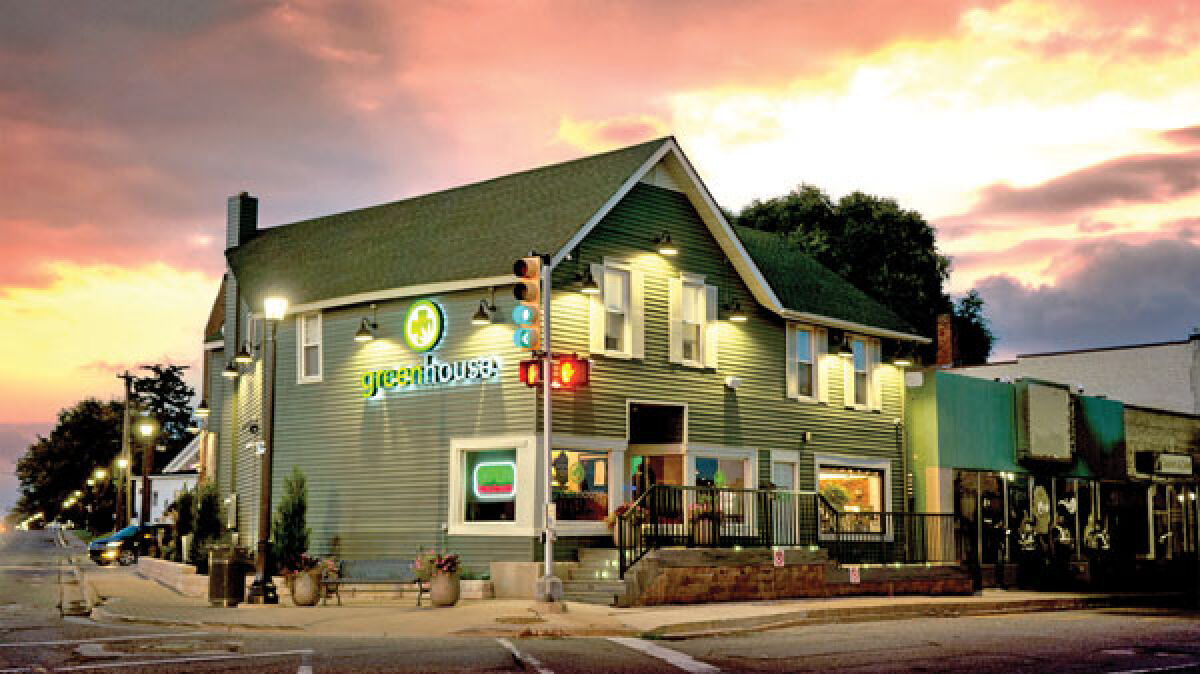By Janelle D. James
From Bridge Michigan
METRO DETROIT — State cannabis sales reached a record high in July of more than $276 million for adult recreational and medical use, according to the Michigan Cannabis Regulatory Agency. The state is expected to cross $3 billion in revenue for the first time this year and is projected to become the nation’s second largest market behind California.
But retailers are still struggling to turn a profit as prices for marijuana remain low, despite a recent bump.
The cannabis regulatory agency issues new licenses for growers every month, which one expert says is one of reasons why retailers are struggling now.
“It’s kind of a race to the bottom, as they call it,” said Beau Whitney, senior economist for the National Cannabis Industry Association. “Prices are going down, down and down because there’s so much competition, but at some point, prices won’t be able to go down any further.”
In July, the state received 97 applications for recreational use and issued 87 new licenses. Seventeen of them were for class c growers, who can possess up to 1,500 plants according to state law.
There are 2,080 active licenses for recreational use in Michigan, more than half of them belong to class c growers or retailers.
“I think that big corporate stores thought they could throw money at this and just keep throwing money at it, and it would work and it’s not working. That’s why most of your major dispensaries … are for sale,” said Jerry Millen, owner of The Greenhouse, a dispensary in Walled Lake in western Oakland County.
When franchises enter the marijuana business, they offer lots of deals and really low prices, which potentially hurt mom and pop stores that can’t afford to lower their prices to compete with them.
Green Peak Industries, is a Dimondale-based cannabis company that grows, processes and sells marijuana at several Skymint-branded dispensaries across the state. The company opened its first location in Ann Arbor in 2018 and has opened over 20 locations since.
Skymint is known to have lots of deals and prices tend to be below the average cost for an ounce, which is around $99 based on the cannabis regulatory agency’s report.
Now, Green Peak Industries is under receivership after a lawsuit alleges the company is $127 million in debt.
“It’s kind of sad because a lot of people that started with me in this industry aren’t even in business anymore because they can’t sustain because the fees are so expensive from licensing [to] insurance,” said Millen of the Walled Lake dispensary.
After marijuana was legalized in Michigan in 2018, a 10% excise tax was imposed on retailers in addition to a 6 percent sales tax. The combination of high production cost and over saturation of the market may be bad for retailers, but good for consumers.
That average price of $99 for an ounce of recreational marijuana is $23 cheaper than it was this time last year. The price for an ounce of medical marijuana, which has brought in over $6 million in revenues in July, is about $102.
Although marijuana prices have decreased in the past year, they are slightly more expensive than they were in February, when sales surpassed $200 million.
Typically, Michigan will experience seasonality, an increase in the cost of marijuana during the summer time because of how it is grown. It’s more expensive to grow marijuana in an indoor greenhouse than it is outdoors. And, by the end of summer, the only supply left to sell is marijuana grown indoors.
Unfortunately, Michigan hasn’t experienced a great deal of seasonality so prices haven’t increased as significantly as expected.
As the state moves into harvest season when prices tend to be cheaper, retailers, who bear most of the tax on cannabis, have to work with their supplier to come up with creative ways to turn a profit.
“Retailers need to get out of the fight with each other on pricing, and work on customer service and education and helping marijuana become mainstream,” Millen said. “This race to the bottom has made $1 and put your competition out of business is not what the culture of marijuana really was.”
 Publication select ▼
Publication select ▼





























